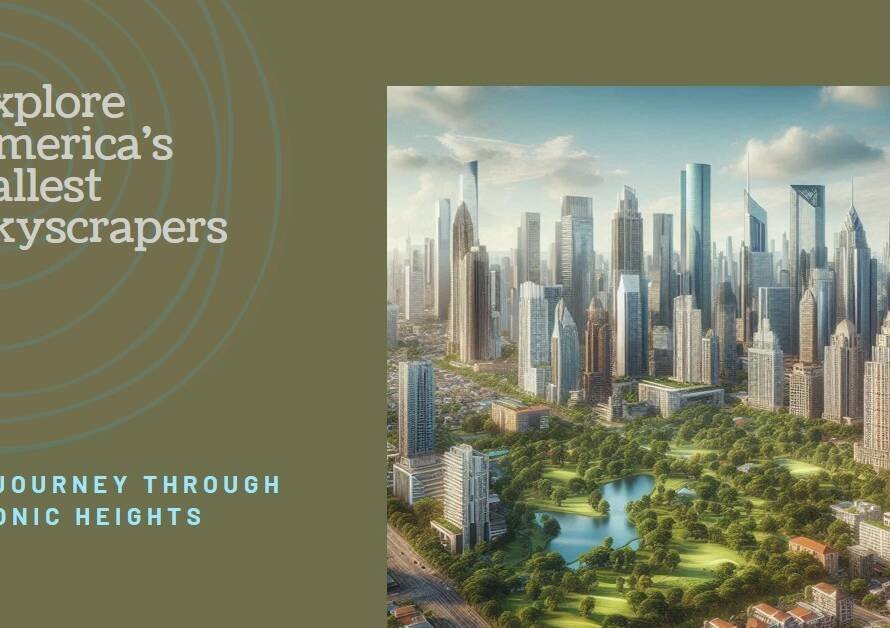
Table of Contents
- Introduction: Delhi’s Green Revolution – Environmental Design
- Reimagining Urban Spaces
- Sustainable Architecture
- Water Management Innovations
- Renewable Energy Adoption
- Sustainable Transportation
- Waste Management Reforms
- Green Building Certifications
- Community Engagement and Education
- Conclusion: A Model for Urban Sustainability
Introduction: Delhi’s Green Revolution – Environmental Design
Environmental Design in Delhi, the bustling capital of India, has long been synonymous with its chaotic traffic, historical monuments, and burgeoning population. However, in recent years, the city has also become a beacon of hope for environmental sustainability. Through innovative design solutions and a steadfast commitment to ecological preservation, Delhi is paving the way for other cities around the world. This blog post explores the various environmental design initiatives that are transforming Delhi into a model of urban sustainability.
Reimagining Urban Spaces
One of the most striking changes in Delhi’s environmental design is the reimagining of urban spaces. The city’s planners have shifted their focus from mere infrastructure development to creating green, breathable spaces within the urban fabric.
Green Corridors and Parks
To combat the urban heat island effect and reduce pollution levels, Delhi has introduced numerous green corridors and parks. These green belts not only provide much-needed oxygen but also serve as recreational spaces for residents. The creation of the Yamuna Biodiversity Park and the Aravalli Biodiversity Park are prime examples of how the city is integrating nature into urban life.
Vertical Gardens and Green Walls
In addition to horizontal green spaces, Delhi is also embracing vertical gardens and green walls. These structures are being installed on buildings to improve air quality and provide insulation against heat. The Delhi Metro Rail Corporation has been a pioneer in this regard, incorporating green walls at several of its stations to enhance the aesthetic appeal and environmental quality.
Sustainable Architecture
Delhi’s architectural landscape is witnessing a paradigm shift towards sustainability. Modern buildings are being designed with an emphasis on energy efficiency, reduced carbon footprints, and environmental harmony.
Eco-Friendly Building Materials
Architects in Delhi are increasingly using eco-friendly building materials such as fly ash bricks, recycled steel, and bamboo. These materials not only reduce the environmental impact of construction but also promote sustainable practices within the industry.
Passive Solar Design
Passive solar design is another key element in Delhi’s sustainable architecture. By strategically positioning buildings and using materials that naturally regulate temperature, architects are reducing the need for artificial heating and cooling. This not only lowers energy consumption but also contributes to a significant reduction in greenhouse gas emissions.
Water Management Innovations
Water scarcity is a pressing issue in Delhi, prompting the city to adopt innovative water management solutions. These efforts aim to ensure a sustainable and reliable water supply for the future.
Rainwater Harvesting
Rainwater harvesting systems have been implemented across the city to capture and store rainwater for various uses. This initiative not only alleviates the pressure on groundwater resources but also helps in mitigating urban flooding. Schools, government buildings, and residential complexes are increasingly adopting these systems, showcasing Delhi’s commitment to sustainable water management.
Wastewater Recycling
Delhi has also made strides in wastewater recycling. Treatment plants are being established to purify wastewater, which is then reused for non-potable purposes such as irrigation and industrial processes. This reduces the demand on fresh water resources and promotes a circular water economy.
Renewable Energy Adoption
Delhi is leading the way in renewable energy adoption, with a particular focus on solar power. The city’s efforts to harness renewable energy sources are transforming its energy landscape and setting a benchmark for other urban centers.
Solar Rooftop Initiatives
The Delhi government has launched several initiatives to promote solar rooftop installations. These programs offer incentives and subsidies to residential and commercial property owners who install solar panels. The widespread adoption of solar energy is reducing the city’s reliance on fossil fuels and decreasing its carbon footprint.
Wind and Biomass Energy
While solar energy takes the spotlight, Delhi is also exploring other renewable energy sources like wind and biomass. Pilot projects and research initiatives are underway to harness these alternative energy sources, further diversifying the city’s energy portfolio.
Sustainable Transportation
Transportation is a major contributor to urban pollution, and Delhi is taking bold steps to transform its transportation network into a more sustainable system.
Electric Vehicles (EVs)
The promotion of electric vehicles (EVs) is at the forefront of Delhi’s sustainable transportation strategy. The government offers incentives for EV purchases and has established numerous charging stations across the city. This shift towards electric mobility is reducing vehicular emissions and improving air quality.
Public Transportation Enhancements
Delhi is also investing heavily in public transportation. The expansion of the Delhi Metro, introduction of electric buses, and improvements in cycling infrastructure are encouraging residents to opt for greener modes of transport. These measures are not only reducing traffic congestion but also lowering the overall environmental impact of transportation.


Waste Management Reforms
Effective waste management is crucial for a sustainable urban environment, and Delhi is implementing several reforms to address this challenge.
Segregation and Recycling
The city has introduced stringent waste segregation policies to ensure that recyclable materials are properly separated from organic waste. Recycling facilities have been set up to process these materials, reducing the volume of waste that ends up in landfills and promoting a circular economy.
Composting and Bio-Digesters
Delhi is also focusing on organic waste management through composting and bio-digesters. These methods convert organic waste into valuable resources such as compost and biogas, which can be used for agricultural and energy purposes. Community composting initiatives are being promoted to engage residents in sustainable waste management practices.
Green Building Certifications
To encourage sustainable construction practices, Delhi is embracing green building certifications. These certifications recognize buildings that meet stringent environmental standards, promoting a culture of sustainability in the construction industry.
LEED and GRIHA Ratings
Buildings in Delhi are increasingly seeking certifications from the Leadership in Energy and Environmental Design (LEED) and the Green Rating for Integrated Habitat Assessment (GRIHA). These ratings assess various aspects of a building’s environmental performance, including energy efficiency, water conservation, and indoor air quality. Certified buildings serve as benchmarks for sustainable construction.
Incentives for Green Buildings
The Delhi government offers incentives for buildings that achieve green certification. These incentives include tax benefits, expedited building approvals, and subsidies for sustainable construction practices. Such measures are encouraging developers to prioritize sustainability in their projects.
Community Engagement and Education
A sustainable city is not just about infrastructure; it requires the active participation of its residents. Delhi is fostering a culture of environmental stewardship through community engagement and education.
Environmental Awareness Campaigns
The city regularly conducts environmental awareness campaigns to educate residents about sustainable practices. These campaigns cover topics such as waste segregation, water conservation, and energy efficiency. By raising awareness, Delhi is empowering its citizens to contribute to the city’s sustainability goals.
School and College Programs
Educational institutions in Delhi are playing a vital role in promoting environmental education. Schools and colleges are incorporating sustainability into their curricula and organizing activities such as tree planting drives, eco-clubs, and workshops on environmental conservation. These programs are nurturing a generation of environmentally conscious individuals.
Conclusion: A Model for Urban Sustainability
Delhi’s environmental design solutions are setting a precedent for cities around the world. Through innovative approaches to urban planning, architecture, water management, renewable energy, transportation, waste management, and community engagement, Delhi is transforming itself into a model of urban sustainability. The city’s journey is a testament to the power of collective effort and visionary planning in creating a sustainable future for all. As other cities look to emulate Delhi’s success, the capital’s green revolution offers valuable lessons in resilience, innovation, and ecological stewardship.


